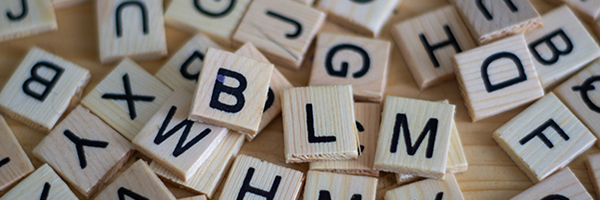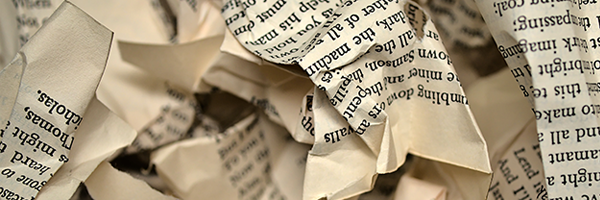Does your writing need line editing? Probably. Ask yourself these questions;
- Does the style I use match the genre I’m writing in?
- Will my writing distract the reader away from the point I want to make?
- Is my writing concise?
- Why doesn’t my writing sound better?
- Why do I stumble when reading my writing out loud?
- Can I make this seem smarter?
- Did I write things that will confuse the reader?
A line editing session can help you with all of that.
Line editing will probably be the first editing you do –or the first kind you receive from someone else, that is. It will clear up the flow of your writing or the type of language you use. It can add a conversational tone to your writing when its needed or remove it when its not. It can remove unnecessary additives like “due to the fact that,” “as I was saying,” or “in my opinion.” It can break your writing into digestible paragraphs. That’s just a sampling.
Line editing gets to the heart of turning a piece of writing from something clumsy into something graceful, from something burdensome and boring to read to something that is concise and interesting.
Line editing is a lot like cleaning your house. Straightening your living room might mean putting your throw pillow back in order, or it might mean throwing some things out. That’s a great analogy to line editing. Writing needs to be well-organized and, quite often, it needs the extra fluff removed. For newer writers, however, it may be more like going to the dentist. You don’t want that tooth removed but you sure are glad when it’s gone. The good news about any editing, is that you don’t have to accept the changes. If you get your hands on a good line editor, however, you won’t be sorry.
A number of things can boot a reader out of a book or article; paragraphs or sentences that run on too long, writing that strays from the topic promised by the title, or a tone that doesn’t match what came before or after it. When you say he or she, does it indicate the person you thought it did, or does it refer to someone else by mistake? When you fix those things, your writing will sound better. You can test it by reading it out loud. It should sound smoother after your line editing and those moments that made you stumble should disappear. The result is a smarter piece of writing.
Line editing can be a pain but it’s essential, as much as, if not more than, other types of editing. It’s what turns a piece of writing from a rough draft to a nearly finished product.
If you are interested in having your work edited, Creative Assets Inc can help. Click here to see rates for Line Editing and more.


